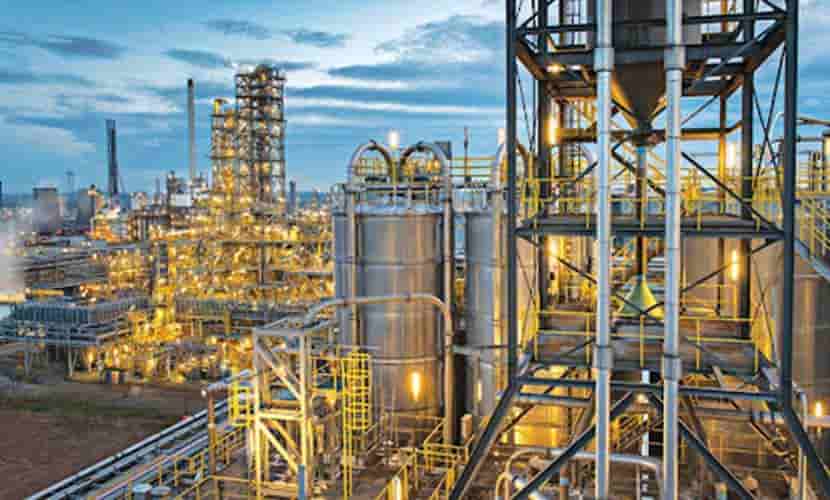Welcome To ChemAnalyst

One of the world’s largest chemicals producers and a subsidiary of Saudi’s government-owned petrochemical enterprise, SABIC, on September 19, announced the speedy commissioning of its joint venture start-up with Exxonmobil at Texas near Corpus Christi.
The start-up facility will feature the world’s second-largest ethane cracker unit with the annual capacity to produce 1.8 million tonnes of ethylene that in turn will feed the world’s largest mono-ethylene glycol unit having 1.1 million tonnes per year of capacity and two low-density polyethylene plants, each having the production capacity of 650 tonnes per year.
The project will cater to the feedstock needs for downstream productions and broaden SABIC’s product portfolio in the North American region which is expected to reflect positively on SABIC’s annual monetary profit.
Ethylene is an important petrochemical product obtained from the high-temperature cracking process of natural gas and oil. It is used as a raw material for producing several important chemicals with notable consumption in the production of various grades of plastic (like polyethylene, polyethylene terephthalate, and poly vinyl chloride) that are used in the packaging of household commodities and industrial products. Ethylene is also used to form mono-ethylene glycol (with common usage in automotive antifreeze, inks, and paints) and polystyrene (widely used in textiles and rubber manufacturing companies) among other chemical materials.
As per ChemAnalyst, the addition of ethylene plant capacities will contribute to increasing the ethylene supply to its downstream sectors. The increasing awareness and preference of the urban population for packaged goods are going to drive the increasing ethylene demand that is projected to see a growth rate of over 6% by 2028. However, the continued volatility in the prices of natural gas feedstocks in many geographical regions and the stringent environmental laws against exploitation of non-renewable sources and the extensive wastage of ethylene’s downstream products may restrain its global market.
We use cookies to deliver the best possible experience on our website. To learn more, visit our Privacy Policy. By continuing to use this site or by closing this box, you consent to our use of cookies. More info.
